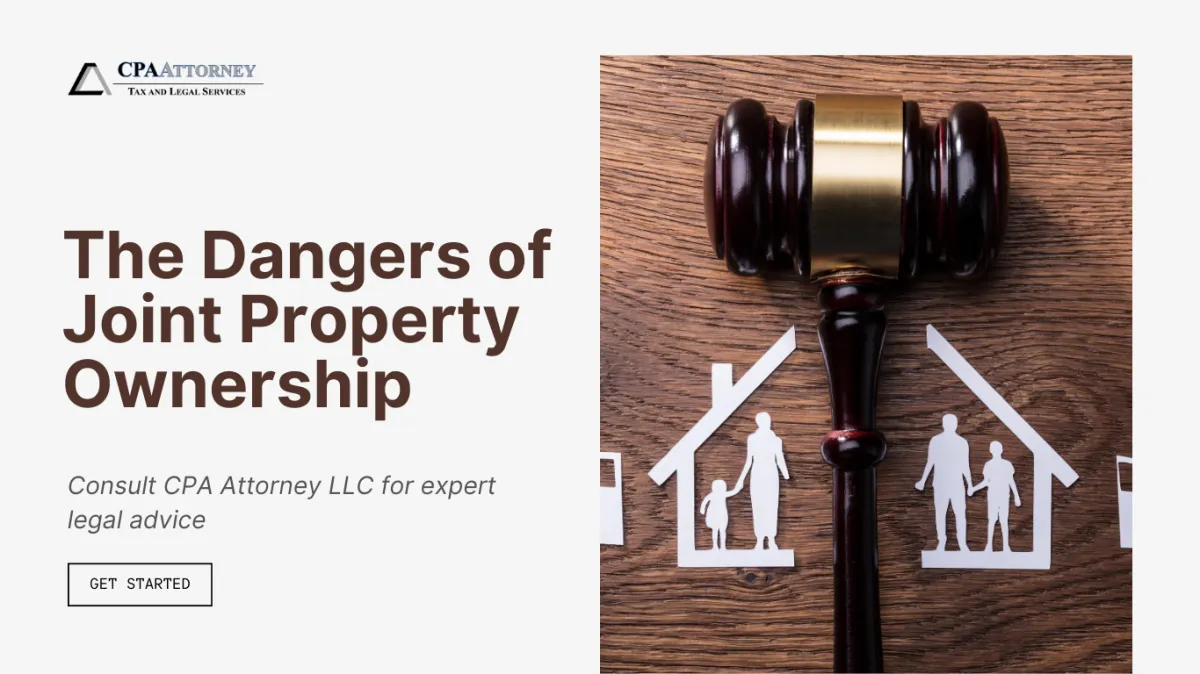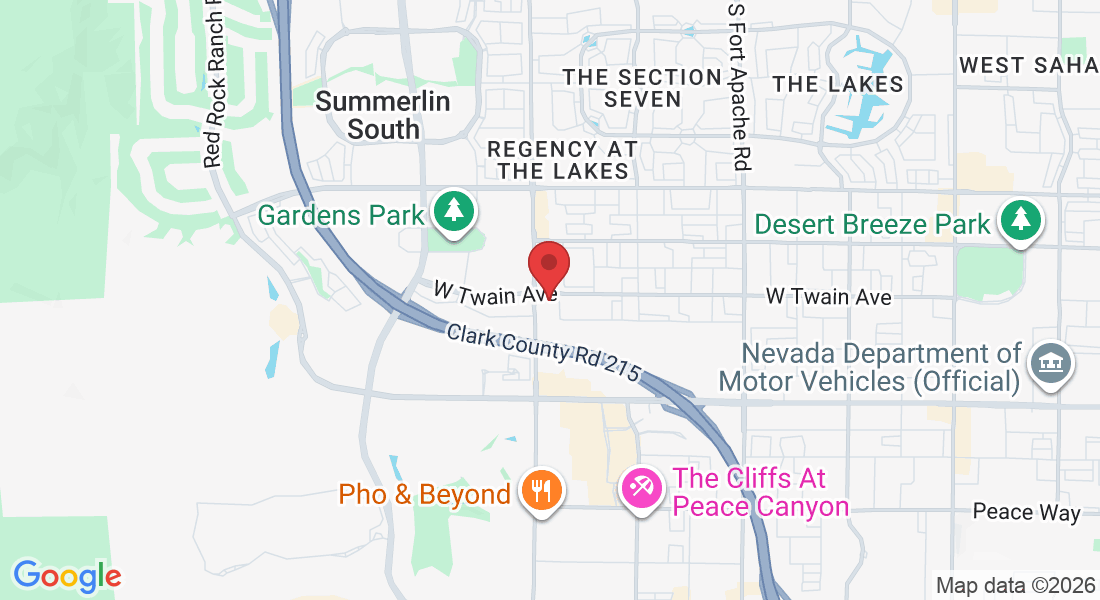
The Dangers of Joint Property Ownership
Owning property together seems easy and attractive for asset management, especially when desiring to pass assets on to family members without the need of probate. Establishing joint bank accounts or ownership of real estate with rights of survivorship enables the smooth distribution of assets to the remaining owner. As easy as this is to establish—when at the bank opening the account, through a title company in real estate dealings, or afterwards—there are serious risks that are far too often ignored.
The co-ownership may have consequences that are not anticipated by a party before entering into co-ownership. Following are some of the major things to be known beforehand one makes any person a co-owner of his or her house.
You can be liable for co-owner's debts.
One may also be held liable for the debts or other liabilities of the other joint owner. If one of the owners has a bankruptcy, tax lien, or judgment filed against them, creditors can seize the jointly held property. Adding an adult child to the title of your house without realizing they have debt also subjects your property to their creditors. Sometimes, it makes little difference that your interest in the property is protected if your home winds up being auctioned off.
For more information on the legal liabilities of joint ownership of property and shared debt, see National Consumer Law Center.
Your property could be left to people you don't want to receive it.
Joint ownership of property for stepfamilies can create issues with respect to the loved ones you want to benefit from your estate. Let's say you and your spouse own property jointly and you die. Ownership automatically goes to your partner, but what happens when they remarry? Your assets may go to the new spouse of your current spouse and their children from a different relationship, not necessarily to your children. Anything less than thorough planning may serve to undermine your estate plans if joint ownership is at issue.
Refer to American Bar Association's Estate Planning Guide to avoid this scenario.
They might exclude members of their own family from inheritance without even realizing it.
Naming anyone as a co-owner overrides your will. If you have included in your will a provisions for a property to be shared amongst several family members, joint ownership allows the surviving co-owner to retain full ownership of the property. If you own a business jointly with one of your children but wish for it to be equally passed onto all of your children, joint ownership will deny your other children from receiving any ownership in the business.
More information on the implications of co-ownership is available on the website of the Internal Revenue Service (IRS).
Sale or refinancing may be difficult at times.
You and the other owner must agree on major decisions such as selling the property or refinancing it. If your fellow owner refuses to agree, or is too sick to agree, you could be in a jam. Sometimes, you'd need to go to court for guardianship or conservatorship, which could be a hassle, most especially if the guardian's interest is different from yours.
Learn about conservatorship, the legal process, at Nolo Legal Encyclopedia.
You may trigger unnecessary capital gains taxes.
All co-owners of a joint property are liable for payment of capital gains taxes on the sale of the property. Adding your child as a co-owner will render them liable to pay taxes on capital gains with regard to the accrued value of the property from its initial purchase date. On the other hand, if beneficiaries get the property from your estate, they might avoid paying taxes or at least pay the capital gains based on the value of the property at the time of your death.
To learn how taxes on capital gains impact estate planning, read IRS Tax Topic 409: Capital Gains and Losses.
Unmarried partners may owe gift tax.
Each owner is liable for capital gains taxes when the jointly-owned property is sold. Adding an adult child as co-owner means he or she could be required to pay taxes on appreciation going back to the date of the original purchase. In contrast, beneficiaries who receive property as part of a deceased's estate may sometimes limit their tax liability to paying capital gains on only the value at the time of death.
Follow this link to the IRS Guide to Capital Gains Tax for an explanation of how capital gains taxes impact estate planning.
Conclusion
Before entering into any joint ownership of property, for instance, it is highly recommended that you consult with an experienced estate planning attorney who will help advise you. Joint ownership can be relatively simple, but it conceals some potential legal and financial risks.
Through proper estate planning, you will make sure your assets are distributed according to your wishes with the least possibility of unexpected problems, such as creditors claims, tax liabilities, or the disinheritance of your loved ones.
Estate planning is among the key areas in which CPA Attorney LLC provides great support, and for this reason, we can guide you through some of these challenges. We will guide you in considering options that fit your goals for the protection of your family and appropriate management of your estate. Contact us today and make an appointment for a consultation.
© Copyright 2025 – CPA Attorney


